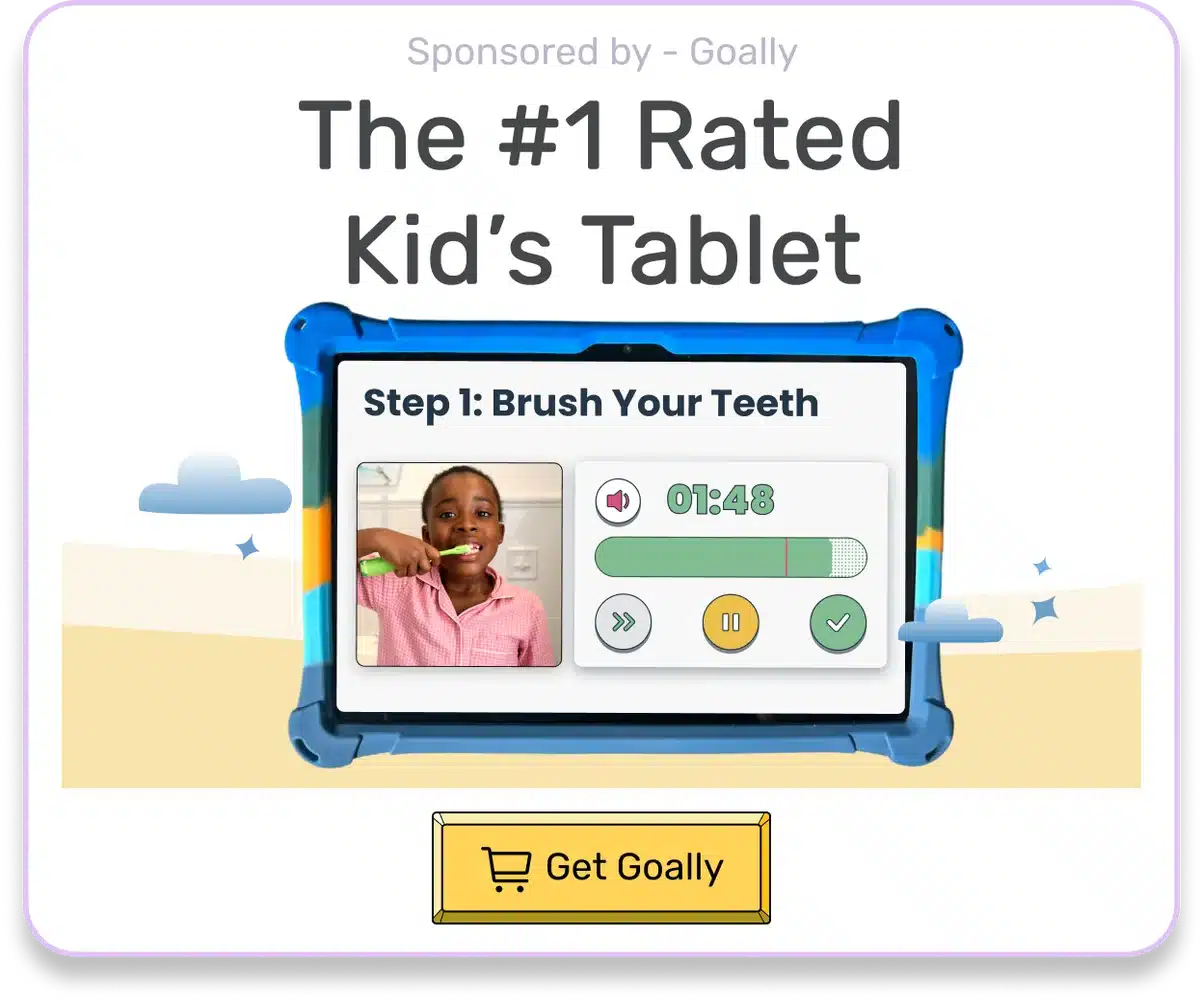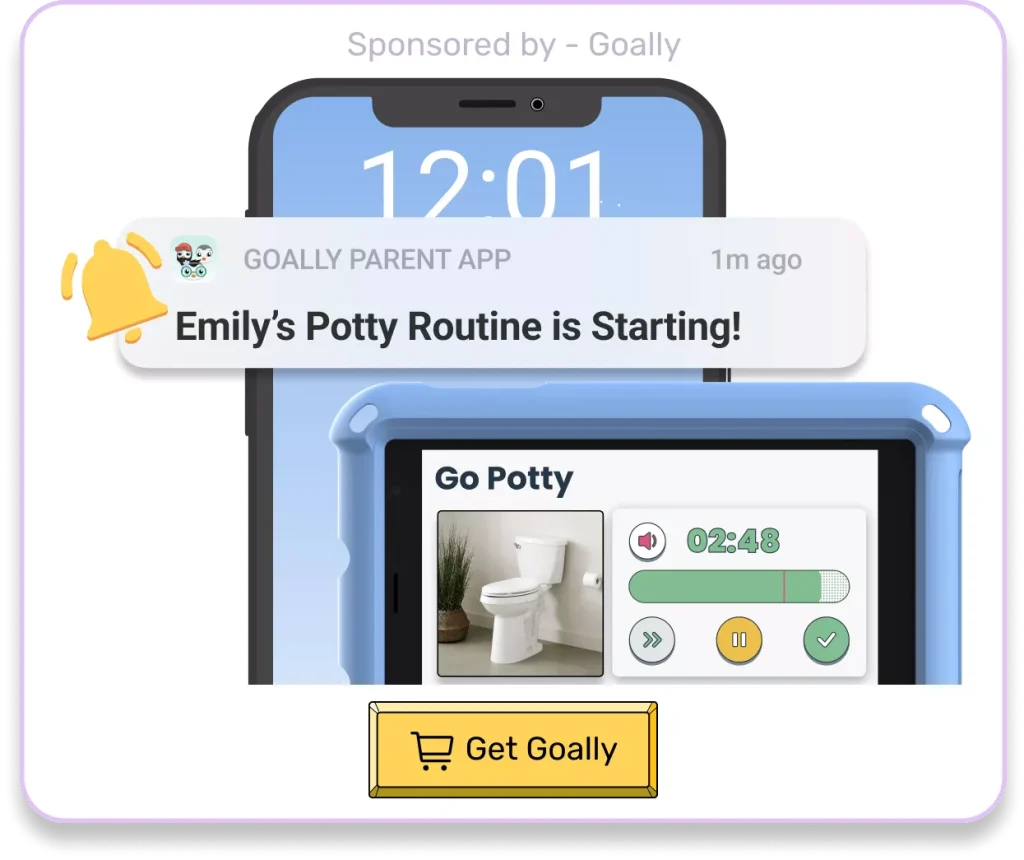Ever found yourself in the snack aisle, your cart full of colorful packages, and your mind brimming with questions? “Are these fruit chews okay for my child? What about these cheese puffs?” If your child has ADHD, you know that their diet can significantly impact their behavior and focus. This post will shed light on the foods to avoid for an ADHD child, providing you with practical, research-backed insights. We’ll delve into the science behind certain foods and their effects on ADHD, offering easy-to-follow alternatives and suggestions.
Table of Contents
Understanding the ADHD Diet
When it comes to managing ADHD in kids, diet plays a pivotal role. I’ve seen firsthand how certain foods can exacerbate symptoms while others can help soothe them. However, it’s not just about what your child eats; it’s also about what they should avoid.
Foods High in Sugar
Firstly, let’s talk about sugar. It’s no secret that sugar can cause hyperactivity in kids. A study in the Journal of Pediatrics found that high-sugar diets could increase ADHD symptoms in kids. So, it’s best to limit foods high in sugar like candies, sodas, and even certain cereals. Instead, opt for fresh fruits when your child craves something sweet.

Read more: What Things Make ADHD Worse?
Artificial Additives
On the other hand, artificial additives are another group of ADHD foods to avoid. These include colorings, preservatives, and flavorings commonly found in processed foods. For instance, a study in The Lancet concluded that certain food additives could increase hyperactivity in children with ADHD. Therefore, it’s wise to check food labels and choose products with fewer artificial additives.
Common Allergens
Did you know that common allergens like dairy, gluten, and soy can also affect ADHD symptoms? In fact, a study in the Lancet showed that an elimination diet, which cuts out common allergens, could significantly improve ADHD symptoms. However, before making any drastic changes to your child’s diet, I recommend consulting a healthcare professional.
Goally | The Safest Tablet for Kids

Fast Foods
Fast foods are often high in trans fats, which can exacerbate ADHD symptoms. A study in the Journal of Child Psychology and Psychiatry found a link between high levels of trans fats and increased ADHD symptoms. So, it’s a good idea to limit fast food consumption and instead focus on home-cooked meals with plenty of fruits, vegetables, and lean proteins.
Replacing the Negatives with Positives
Now that we’ve covered the foods to avoid let’s focus on what to include. Foods rich in Omega-3 fatty acids, like fish, flaxseeds, and walnuts, have been shown to improve ADHD symptoms. Likewise, foods high in protein and fiber can help keep blood sugar levels stable and improve focus in children with ADHD.
Remember, every child is unique, and what works for one might not work for another. It’s all about finding a balance for your child and your family. Above all, it’s important to create a positive relationship with food and not to label foods as ‘good’ or ‘bad.’ Instead, aim for a balanced diet that supports your child’s overall health and wellbeing.

Read more: What Foods to Feed a Child With ADHD?
Seeking Professional Guidance
Modifying your child’s diet can feel overwhelming, especially when dealing with a condition like ADHD. Therefore, seeking guidance from a registered dietitian or healthcare professional specializing in children’s nutrition could be beneficial. They can provide personalized advice and support to help manage your child’s ADHD symptoms through diet.
Remember, diet is just one piece of the puzzle regarding managing ADHD. It’s also essential to consider other factors like sleep, exercise, and stress. And, of course, always consult with a healthcare provider before making any significant changes to your child’s diet or treatment plan.
Goally | Visual Scheduler for Autism
Does your child struggle with getting ready in the morning independently? Goally’s routine app on the best tablet for kids breaks down large tasks into small, achievable steps for autistic kids. Create custom routines with your own videos & pictures for every step.
Conclusion
Navigating the dietary needs of a child with ADHD might seem like a daunting task, but it’s all about making informed choices. By reducing the intake of foods with artificial colors and preservatives, high sugar content, allergenic foods, and fast foods, you’re taking a significant step towards managing your child’s ADHD symptoms. Replacing these with nutrient-dense alternatives can make a substantial difference. Remember, this isn’t about perfect adherence, but rather making small, sustainable changes that can improve your child’s well-being. You’re not alone in this journey — I’m here to provide guidance and support every step of the way.
Resources:
- Centers for Disease Control and Prevention (CDC) – A comprehensive resource on ADHD diagnosis and management.
- National Institute of Mental Health (NIMH) – Offers an overview of ADHD, including symptoms, treatments, and how to live with ADHD.
- Healthline – Provides a detailed guide on diet and ADHD, including foods to eat and avoid.
This post was originally published on March 30, 2023. It was updated on February 28, 2024.
FAQs About Foods to Avoid for ADHD Children
Does sugar affect a child with ADHD differently? Yes, excessive sugar intake can lead to mood swings, irritability, and difficulty concentrating, symptoms that are especially challenging for children with ADHD.
How does diet impact a child with ADHD? Diet plays a significant role in managing ADHD symptoms. Some foods may heighten hyperactivity and inattention, while others could help to improve focus and mood stability.
Are there any foods that can help manage ADHD symptoms? Yes, foods rich in protein, complex carbohydrates, and omega-3 fatty acids are considered beneficial for managing ADHD symptoms.
Is there a specific diet recommended for children with ADHD? While there's no one-size-fits-all diet for ADHD, a balanced diet emphasizing whole foods, lean proteins, fruits, vegetables, and healthy fats can be beneficial.
Can dietary changes alone treat ADHD in children? Dietary changes can support ADHD management, but they aren't a standalone treatment. It's recommended to complement dietary strategies with other interventions like behavioral therapy and, if necessary, medication.

Goally
We help parents teach their kids life skills, like doing bedtime and morning independently. Backed by science, we incorporate evidence-based practices and expert-informed designs in all of our apps and content.






